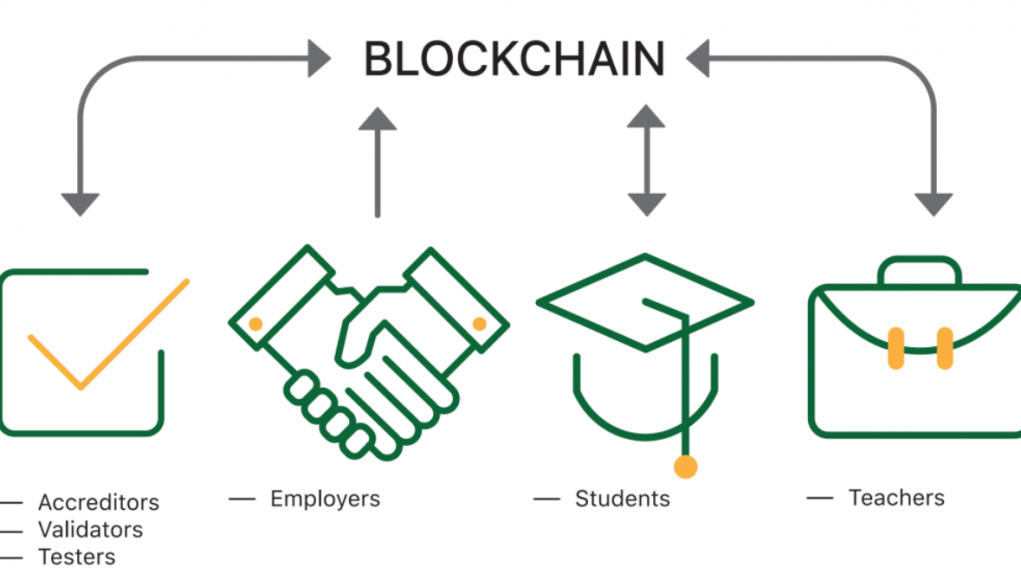


The consistent evolution of EdTech is crucial to curbing the numerous shortcomings of the education system. Digital classrooms with smart boards and remote learning made education more interactive by upgrading it on the surface level. Blockchain, on the other hand, can go deeper and reform the basis of this system while also bringing promising changes throughout.
According to a Gartner report, 2% of higher education institutions already have a blockchain system integrated into their infrastructure. Other 18%, the report claims, could do so within the next two years.
Let’s take a look at what’s driving the interest of educational institutes to implement blockchain technology.
Safekeeping records and credentials
The most eminent use cases of blockchain across many major industry sprouts from its storage security aspect. Blockchain is a distributed ledger technology that stores information and secures it through cryptography. Cryptography makes it next to impossible for anyone to tamper with the data that has been recorded on the ledger. This makes blockchain a perfect system to store data without fear of counterfeit or manipulation. So, it’s no surprise that we can implement blockchain in education to securely store student records and credentials.
Aladin Network provides decentralized storage that can help educational entities reduce the paperwork for storing student records. They can also switch to an open system where students can access their records from anywhere in the world and share it as per their will.
Easing the authentication process for employers
From Diplomas to PhDs, people can buy all sorts of fake degrees online. A BBC report states that more than 3,000 U.K.-based people bought fake degrees in 2013 from a fake degree mill based out of Pakistan.
In such a time when buying a degree is just a matter of money, the process to verify educational certificates can prove a hectic job for employers — not to mention the loss they might incur by hiring the wrong person.
A blockchain system, like the Aladin Network, records all data in a verifiable and immutable manner, such that it is shielded against any falsifications. If educational institutes use blockchain for storing student records and certificates, it can help employers easily verify the authenticity of all candidates and choose their employees accordingly.
Providing a learning platform for all
Both blockchain and digital tokens can power an innovative learning platform that connects students, teachers, content producers, and academicians. Colleges and schools may utilize blockchain technology to build an open-source internal learning education platform where students can access study materials and discuss and work on innovative projects.
Digital tokens on the platform can be rewarded to students or content creators for their activity on the platform. Creators earn for adding new content while students are rewarded for completing new courses. Students then use their tokens to access new study materials and keep the learning going on.
Aladin Network provides all the necessary tools for building innovative blockchain applications on the network. Additionally, Aladin Integrated Oracle helps with storing and using any form of real-world data within the blockchain system, which can make the platforms more interactive and useful.
Parting thoughts
Our education system as we know it has a lot of scope for improvements. Apart from the three major benefits of blockchain in education listed above, blockchain’s security and storage feature can also be used in other education sectors such as infrastructure security, publishing, cloud storage.
As more educational institutions take interest in blockchain technology for education, we believe, it could become an integral part of EdTech in the near future. Aladin Network, with its great potential blockchain use-cases, can help developers build innovative solutions for the education industry.

Leave a Reply